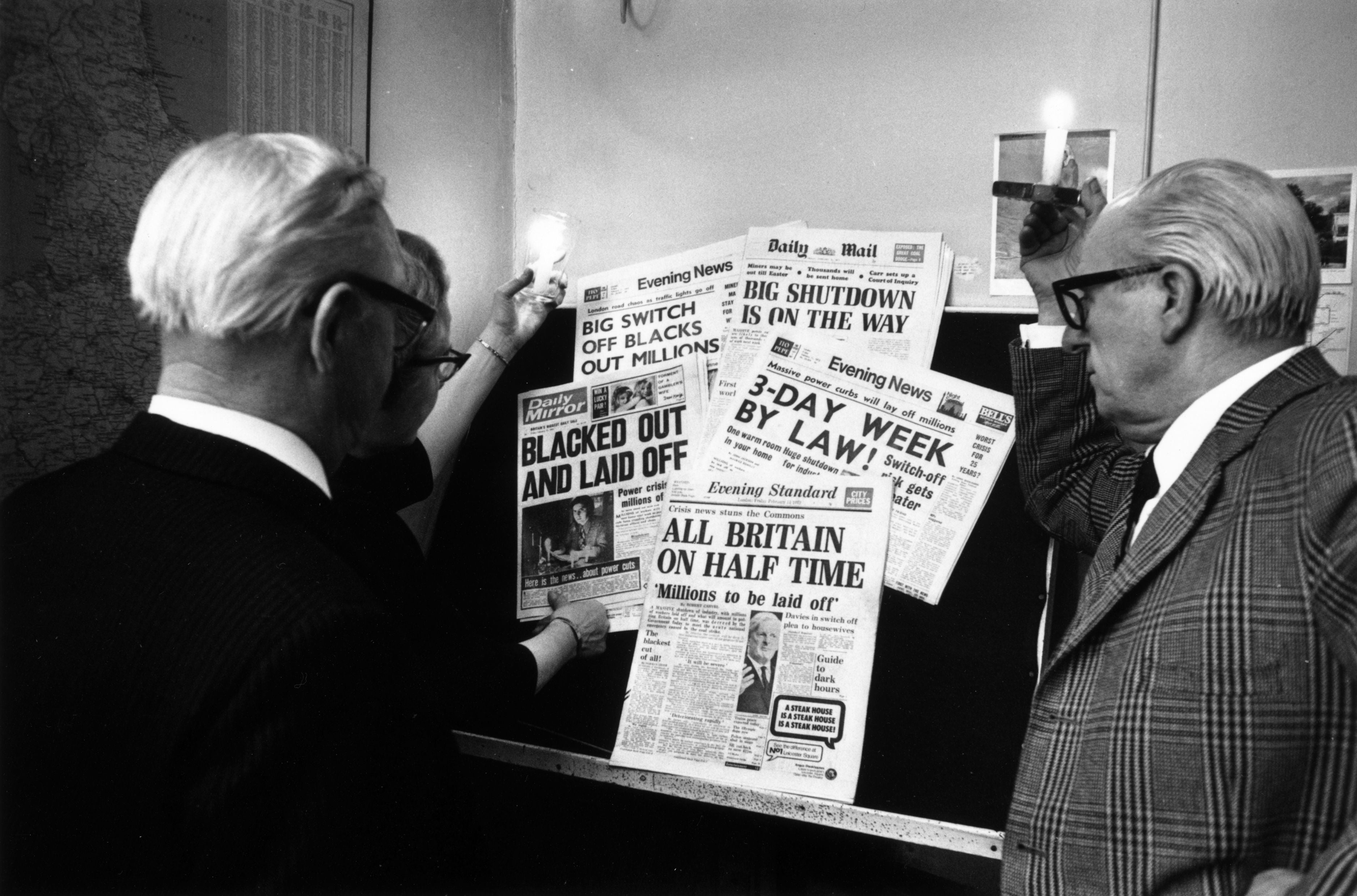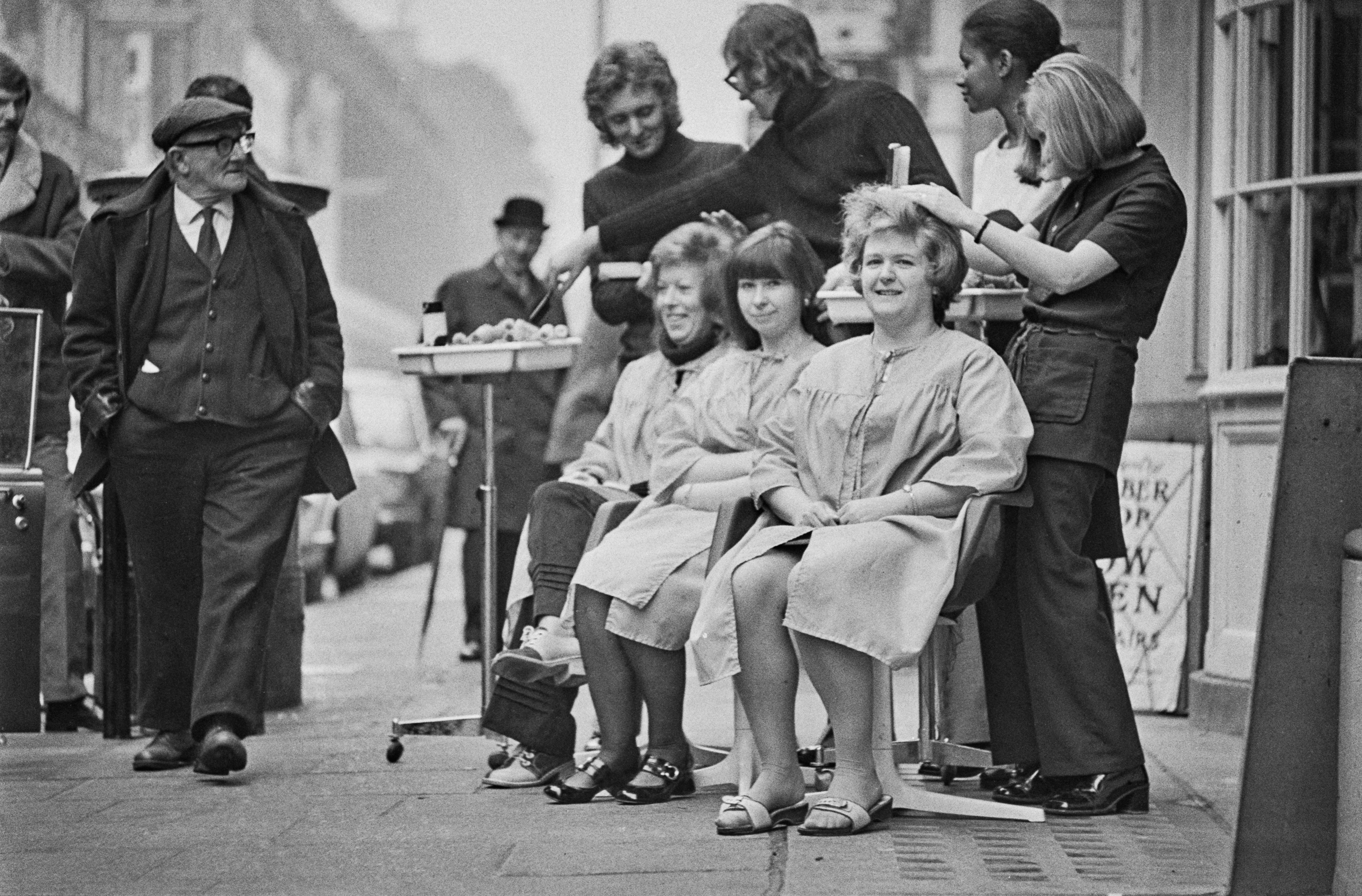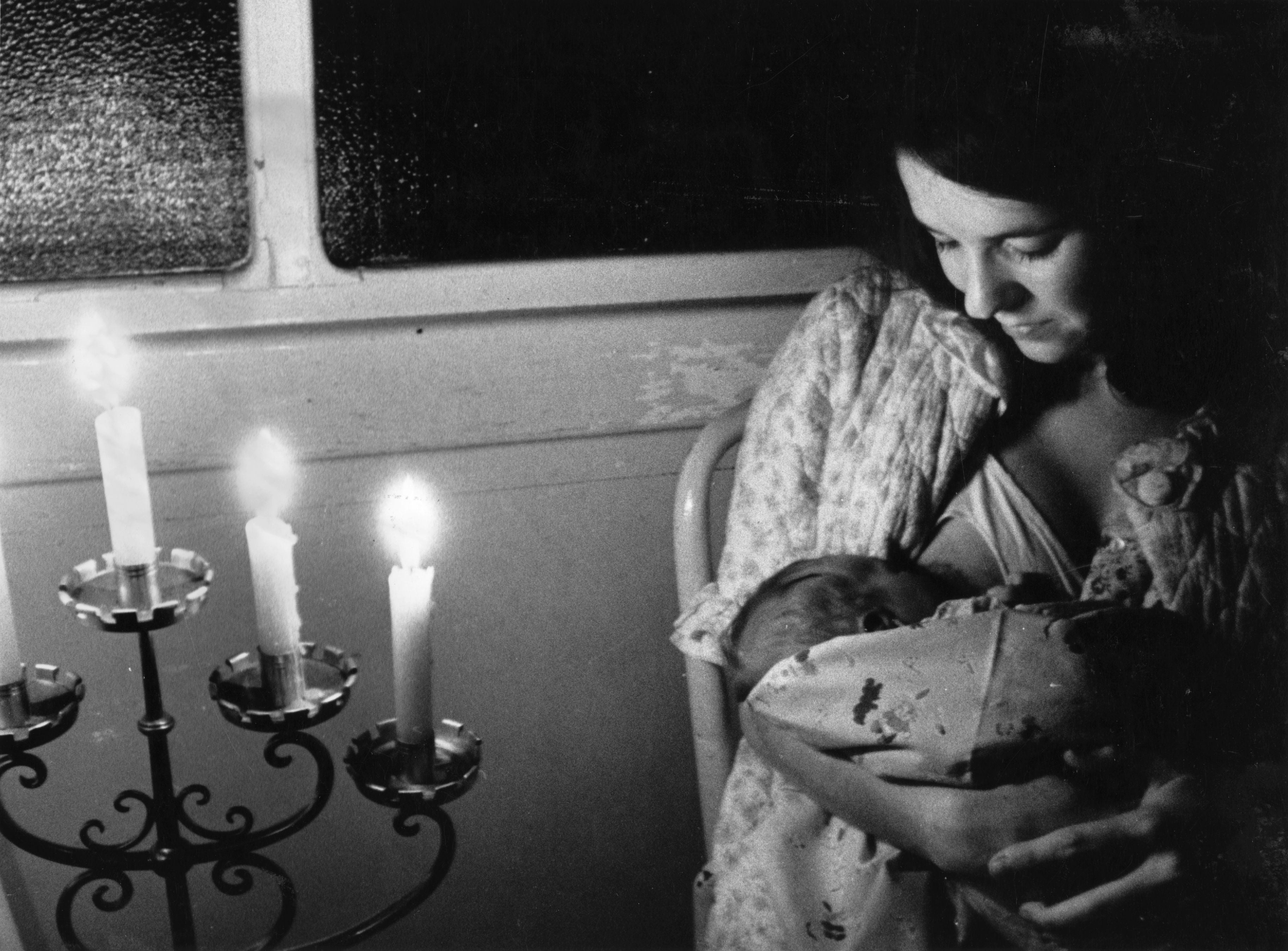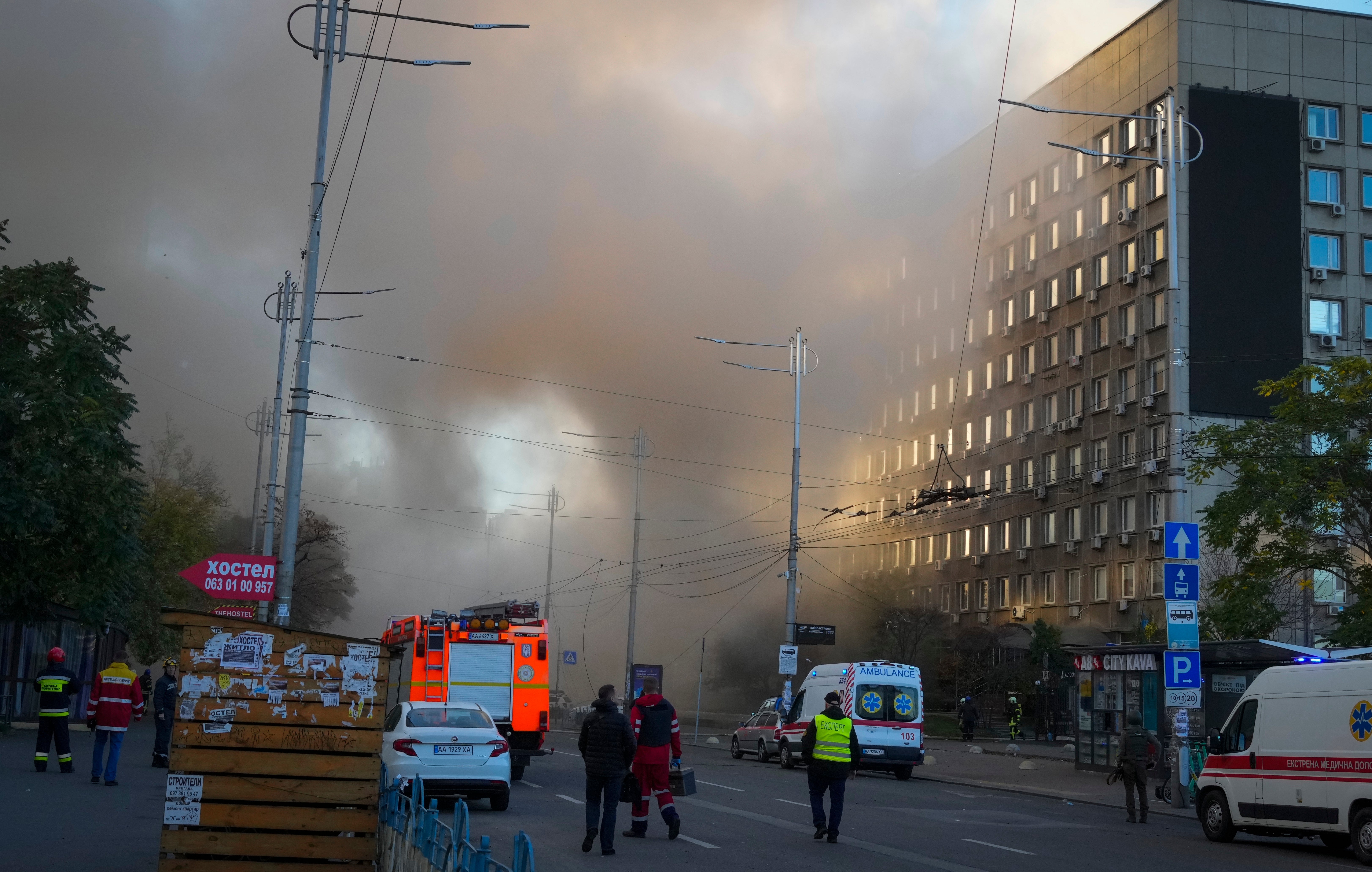National Grid boss explains when blackouts and power cuts could be imposed in the UK
The National Grid warned there could be blackouts on ‘very very cold winter days’
The head of the National Grid has warned British households that blackouts may be imposed between 4pm and 7pm on “really, really cold” winter weekdays if Europe cuts gas exports.
John Pettigrew said electricity and gas may be switched off on “those deepest, darkest evenings in January and February” if energy supplies from Europe prove insufficient due to the disruption of the war in Ukraine.
Countries across Europe have been left unable to rely on Russia for their gas as the colder months approach and, despite rationing, analysts said further cuts from Moscow could leave the continent short of supplies.
Mr Pettigrew said January and February are the months when blackouts are most likely, particularly in a cold snap. He said the situation could be even worse if wind speeds happen to be low, cutting the effectiveness of power turbines while energy imports were restricted.
The National Grid assured Britons that it was not changing its “base case” that there would be sufficient gas and power to meet demand in Britain this winter, but due to the consequences of Russia’s war in Ukraine, rolling blackouts are a possibility for the first time since the 1970s amid the coal miners’ strike and the oil crisis.
In the 1970s, blackouts saw candles selling out, businesses enforcing a three-day working week and children sent home early from school.
More than 50 years later, in a digital world highly dependent on power to work, socialise and stay connected, blackouts feel completely alien. How would it be communicated, who or what facilities would be exempted, how long would it last?
We spoke to domestic energy experts about what could be expected if blackouts struck this winter.
How would we reach the point of blackout?
Blackouts are the worst case scenario this winter, the National Grid has said. Therefore, before reaching that point there are a few stages the UK would have to surpass to land on cutting the power off.
One of the first stages would be delaying the closure of coal plants. Greenhouse gas emissions from burning coal are significantly damaging to the environment but due to the pressures placed on energy supply, the National Grid has been working with the department for energy to delay the closure of five UK coal plants.

Another stage would be asking heavy industrial users like factories, to limit their usage during peak periods.
The penultimate stage before declaring a blackout would be offering incentives to customers to cut their energy use via tweaks like reducing washing machine or dishwasher use. A further step is government campaigns urging people to ration energy use at peak times.
If all of these measures prove unsuccessful and supplies are still not enough to meet demand, a series of rolling blackouts could be announced to manage the emergency situation.
What would a blackout be like?
According to the Energy Network Association (ENA), which represents companies that control Britain’s power systems, blackouts would be largely sweeping involving almost all of the country including traffic lights going off, street lights going off and power supplies to homes being cut.
“It wouldn’t be business as usual,” an ENA spokesperson told The Independent.
“The purpose of this would be an emergency. If we don’t reduce demand on the power network we do result in having more widespread power outages that are less controlled so it’s about controlling that by reducing demand and bringing the system back into balance and then beginning to manage the emergency.”

Power cuts would be communicated in advance through government channels via local and national media and would usually be for three-hour blocks at a time.
Professor Keith Bell, a co-director of the UK Energy Research Centre told The Independent that the public will likely be given at least 24 hours notice before energy is switched off with the National Grid using weather forecasts to assess periods where a cold snap is likely.
“It will be down to the local network operators to implement the blackout,” Professor Keith said. “They get given an instruction by the National Grid then the local network operators literally open a circuit breaker on sections of their network and they disconnect the right amount of demand to give the reduction the operator has asked for.
“So it’s anybody that’s connected down there that gets disconnected that includes shops, offices, homes.”
The National Grid has procedures prepared under the legally binding Electricity Supply Emergency Code to ensure power is shared fairly across the UK during an energy crisis and avoid a “postcode lottery” on supply.
Who would be exempt?
The big question for many vulnerable people is whose electricity would stay on in a power cut.
The government and National Grid have an agreed list of facilities that will be exempt from a power cut - these are known as Protected Sites.
According to the ENA these include air traffic control centres, major hospital facilities with accident and emergency departments and military bases. These facilities are considered “critical national infrastructure” and the list is very limited to help manage the emergency supply issue.
Under the Electricity Supply Emergency Code, businesses can apply in advance to regional network operators to become “protected sites”. This means they would continue to receive power during the planned blackouts.
Local network operators also have what is called a Priority Service Register for people who are medically dependent on electricity, have young children or have mental health illnesses such as dementia.

While this register gives customers pre-warnings about power outages and offers support and guidance about blackouts, these homes and individuals would not be exempt from a power cut.
Robert Gross, a director at UK Energy Research Centre and professor of energy policy at Imperial College London told The Independent that people medically dependent on electricity would likely make arrangements with their healthcare advisers to ensure their care would continue in emergency circumstances via backup supplies like generators.
Professor Keith added that local distribution networks were faced with the task of ensuring their Priority Services Register was up to date and customers know what to expect in the situation of a power cut.
He added: “People should prepare for a possibility of a blackout - we should be thinking about it and being a bit ready.
“I can’t see it being as bad as the 1970s because the circumstances we’re thinking of is cold weather coinciding with a serious significant outage on the gas system and coinciding with no electricity imports from neighbours. There’s a number of things that have to come together.”
How long would it last?
The war in Ukraine has led Russia to cut much of its gas supply to Europe with the block accusing Vladimir Putin of weaponising Russian gas.
According to Professor Keith, we could be flirting with the idea of blackouts for as long as the war in Ukraine goes on and even longer depending on how long it takes to restore normal business with Russian gas producers. However, he added there was an opportunity to explore other energy supplies.

“On the other side, there’s the potential for other places increasing production. Fracking in US, production in the Middle East. There’s demand globally for gas, there could be investment for more liquified natural gas (LNG) shipping as well as production of gas,” Professor Keith said.
Professor Robert added that the war in Ukraine is the difference maker between this winter and last but believes that by the winter of 2023, we could be in a less “anxiety-ridden” position. He called for the UK to look to an energy cooperation pact with neighbours, similar to the solidarity agreement EU members struck to share supplies during a crisis, to ensure energy could be shored up during severe decreases.
“In the meantime we should be reducing our dependency on gas by continued investment in renewable,” Professor Robert said.
“The expansion of wind generation capacity takes years and it will continue to go on but it helps. As each new wind farm gets commissioned, that’s less gas we need to burn.”
What is the likelihood of blackouts?
According to the National Grid’s winter outlook, its national report outlining energy supply and demand across colder seasons, rolling blackouts in the UK are unlikely but due to the pressures on gas supplies in Europe brought on by the war in Ukraine, power cuts are more likely than previous years.
This has led to the National Grid’s warning that on very very cold evenings in January and February in particular, power cuts could be a possibility for up to three hours between peak usage hours of 4-7pm.
The report stated: “Overall, this is likely to be a challenging winter for energy supply throughout Europe. We have taken extensive measures to try to mitigate the impacts for British consumers and expect that, under our base case, margins will be adequate.”
Join our commenting forum
Join thought-provoking conversations, follow other Independent readers and see their replies
Comments


Bookmark popover
Removed from bookmarks